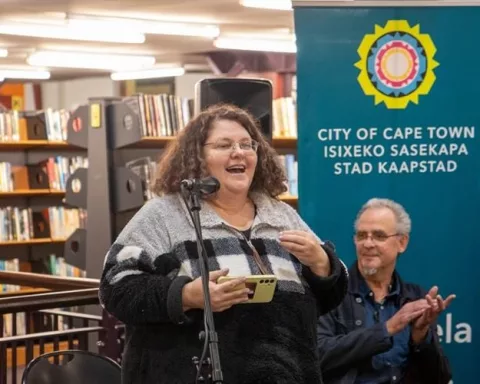The BASIC Group’s Climate Change Discussions and Initiatives
A recent gathering of the BASIC group, consisting of Brazil, South Africa, India, and China, was held alongside the 78th United Nations General Assembly session on September 20, 2023. The meeting focused on climate change strategies and showcased the group’s solidarity and continued leadership in addressing climate change.
During the meeting, South African Minister Barbara Creecy praised Brazil’s initiative and welcomed Minister Marina Silva’s return to climate negotiations. Creecy expressed her support for Brazil hosting COP30 and emphasized the significance of the BASIC group’s participation in strategic issues related to sustainable development, trade, and international politics. The primary objective, according to Creecy, is to tackle climate change within the context of sustainable development.
Creecy suggested a leaders’ level meeting of the BASIC group, preferably before or during COP28, to discuss strategic subjects such as the Global Stocktake, the International Court of Justice’s Advisory Opinion on state liability for climate change, strategic minerals needed for the green transition, and countering unilateral and discriminatory carbon border taxes like the EU’s Carbon Border Adjustment Mechanism (CBAM).
Engaging in Critical Climate Change Topics: The BASIC Group’s Stance
The BASIC group welcomed and acknowledged the Global Stocktake’s joint submission prepared by Brazil for the UNFCCC as a crucial agenda item for COP28. They expressed their intent to take an active role in negotiations, concentrating on equity and the legal foundation of historical responsibility.
Regarding the International Court of Justice’s Advisory Opinion, the group stressed the significance of attributing responsibility for climate change within the UNFCCC’s guiding principles. They urged caution against a skewed narrative that distributes responsibility among high-emitting nations without considering their development rights and space.
On the matter of strategic minerals, the BASIC group underscored the potential advantages of these resources for their respective nations’ sustainable development. However, Creecy emphasized the need for coordination to prevent reinforcing the inequalities of current and past development models based on unbeneficiated raw material exports to the global North.
Challenging Unilateral Carbon Border Taxes and Strengthening Developing Countries’ Voices
Creecy also noted that the opportunity to oppose unilateral carbon border taxes, such as the CBAM, is diminishing rapidly. She highlighted that Africa alone could lose roughly $26 billion each year in direct taxes to the EU. If other countries like the USA, UK, and Canada follow the same path, the net impact could negate any climate finance and support received, ultimately hindering sustainable development efforts.
In response, the BASIC group proposed introducing a new agenda item at COP28 to mobilize like-minded developing nations and pressure developed countries to reconsider their approaches. They also recommended collaborating more closely with their trade and finance departments in other relevant multilateral and plurilateral forums.
Lastly, Creecy pointed out the potential of Mexico rejoining the G77 and China to amplify the voice of developing countries. However, she acknowledged that Mexico’s current membership in the OECD and alignment with the European Union and the Umbrella Group in negotiations may need to be addressed.
Commitment and Collaboration: The BASIC Group’s Vision for a Sustainable Future
The meeting demonstrated the BASIC group’s dedication to climate action, sustainable development, and collaboration among developing nations. By engaging with these critical issues, the group aims to lead the global South in combating climate change and ensuring a more equitable and sustainable future for all.








